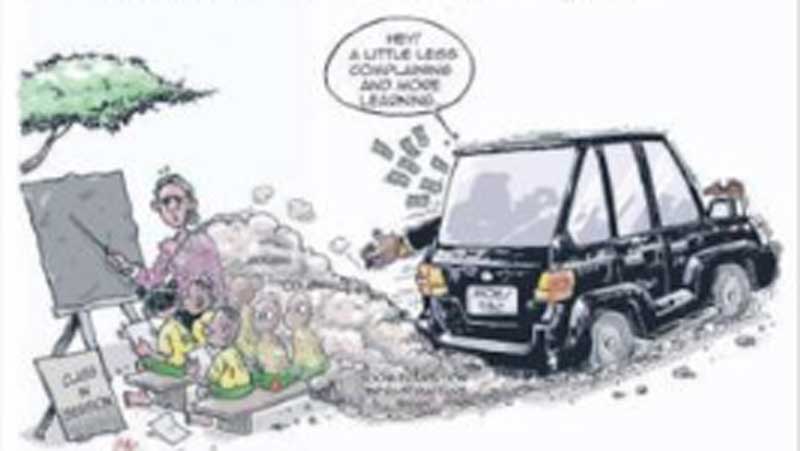×
The Standard e-Paper
Home To Bold Columnists

Among the things the Kenyan society can pride itself for, is the growth of a culture of transparency. This culture has grown out of the strong desire for citizens to seek answers to the perplexing questions of our time. And because of that, we seek a clarification from the Ministry of Education (MoE) on tthe “100 per cent Transition Infrastructure Grant’. In short, we ask, what was the money meant for? Is it serving this need?